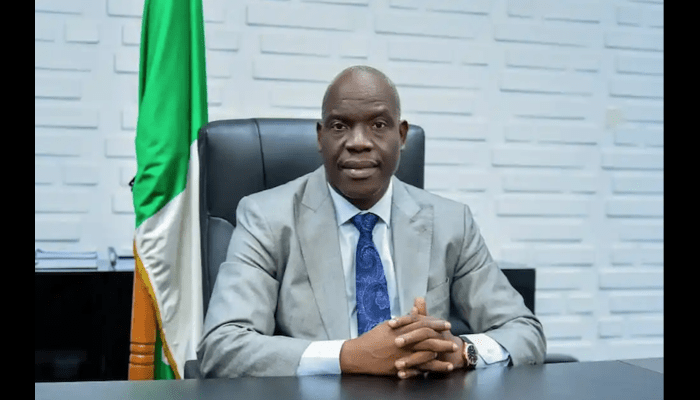Emmanuel Addeh in Abuja
The Rural Electrification Agency (REA) and the Jigawa state government have agreed to build on the existing 21 mini-grid clean energy projects in the state and jointly harness other renewable energy opportunities available in the state.
REA is the implementing agency of the federal government under the ministry of power tasked with the electrification of unserved and underserved communities in the country.
The roundtable was themed: “Unleashing Market Opportunities for Decentralised Renewable Energy in Jigawa State”, and was convened against the backdrop of the recent renewed effort to ramp up electricity supply in the state.
The Governor of Jigawa state, Umar Namadi, had earlier created the State Ministry of Power and Renewable Energy ministry, mandated to provide reliable and inclusive energy solutions for the state’s residents.
Recently, he also floated the Jigawa State Electricity Regulatory Commission, mandated to enhance electricity regulation and access in the state.
While signing the REA-Jigawa state Memorandum of Understanding (MoU) targeted at unlocking renewable energy potential in Jigawa state, the governor assured Renewable Energy Service Companies (RESCOs) of the state’s readiness for partnerships.
He explained that the potential and opportunities for the development of renewable energy projects in Jigawa state were limitless, from the policy environment to the political commitment.
According to him, from the comparative advantage of the state’s physical environment to the existing conducive climate, the prospects for renewable energy are enormous.
While delivering the REA’s data-driven insights on the Jigawa state electricity market, the agency’s Managing Director, Abba Aliyu, assured the governor of the implementation of least-cost electrification strategies, backed by data and efficient sustainability mechanisms.
Aliyu explained that Jigawa state has the potential to immediately electrify 1 million people using solar mini-grids, to catalyse socio-economic growth and investment opportunities in the state.
While sharing insights on the status of the World Bank-funded Distributed Access through Renewable Energy Scale-up (DARES), the head, Project Management Unit (PMU), Nigeria Electrification Programme (NEP), Olufemi Akinyelure, emphasised that the NEP has so far aided the delivery of over 200 mini-grids nationwide.
According to him, the REA continues to focus on catalysing commercial activities to drive demand and capacity optimisation.
He added that the DARES programme, now being implemented through the REA, is a $750 million programme designed to energise over 25 million Nigerians. Olufemi emphasised the need for improved private sector financing to drive renewable energy scale-up and improve Return on Investment (ROI).
The Executive Director, REA, Doris Uboh, while highlighting the agency’s E-HEART initiative and the state matching programme, explained that the REA was poised to further target renewable energy projects in Healthcare, Education, Agriculture, Rural Development and Transportation (HEART) and improve the Internally Generated Revenues (IGR) in the states.



